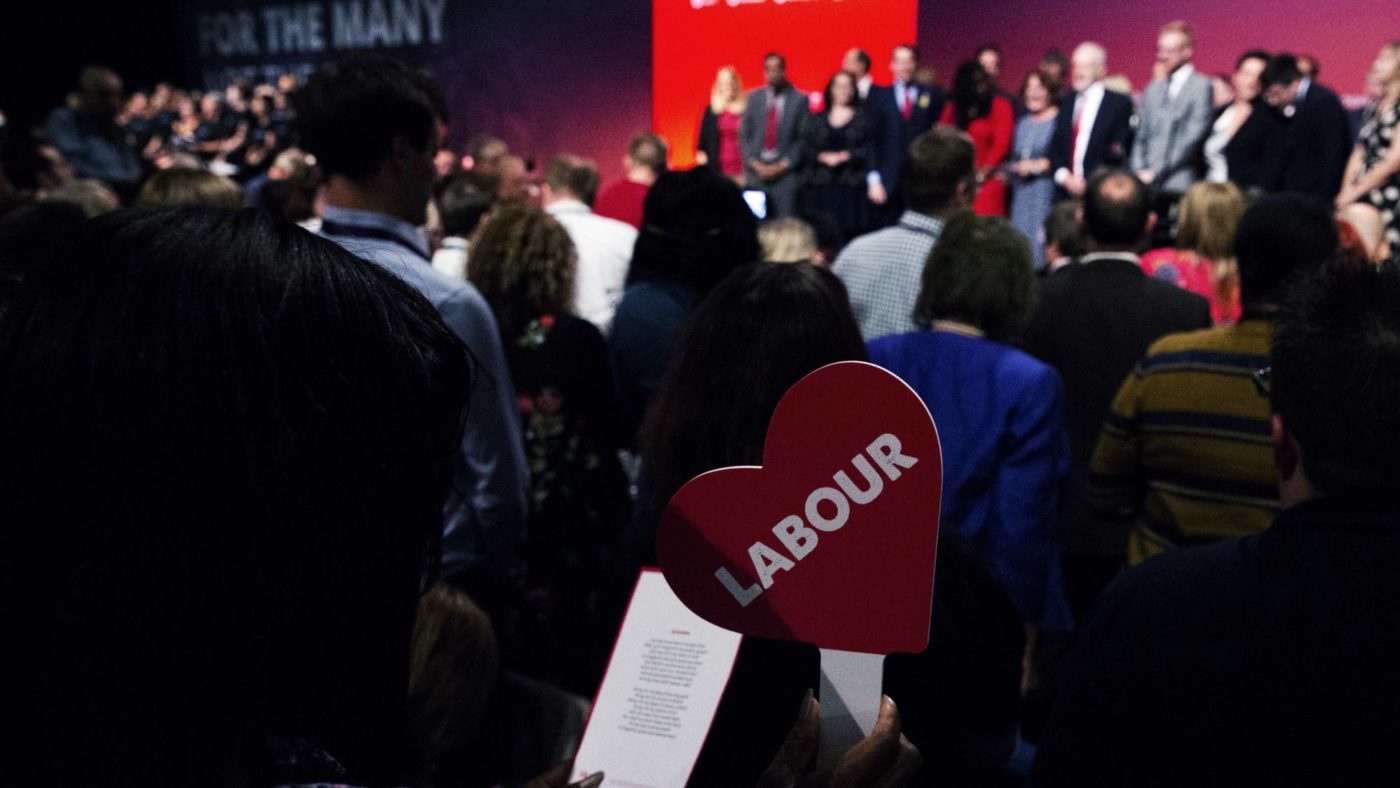When John McDonnell pledged to bring existing PFI contracts “back in-house” at Labour Conference on Monday, the hall erupted into ecstatic applause. In a carefully calibrated attack on the New Labour administrations, under which PFI reached its apogee, McDonnell vowed, “never again will this waste of taxpayer money be used to subsidise the profits of shareholders”.
For the current Labour leadership the implication is clear – public good, private bad. But do the plans make sense?
Under PFI, private companies finance the building of new infrastructure, such as schools or hospitals, taking on the costs of overruns or delays. These companies then own and manage the facilities under 25-30 year contracts, providing building maintenance, cleaning and other services as part of the deal.
The companies only get paid when the facility is available, with the annual payments reduced if it is not in a fit condition. And because the private sector, not the government, borrows the money, typically the schemes have not counted against the national debt. Over the years it has been used to build countless schools, hospitals, prisons and roads.
But McDonnell is right that it has become problematic. It was always known that because the private sector borrowed the money, interest costs would be higher. But after the financial crisis, the gap between public borrowing costs and private ones widened – causing the burdens on the NHS and other public bodies to balloon.
After 2010, with capital spending slashed and new bank regulations, the scheme fell into serious decline. In 2012, Osborne attempted to relaunch it under the banner PF2, giving the public sector an equity stake in new schemes. But the rot had already set in – in 2015 less than 10 projects were signed, compared with nearly 70 at its peak in 2007.
However, there are three issues with McDonnell’s proposal.
First, is the implicit idea that bringing PFI schemes “in house” will stop private companies profiting from the creation of essential infrastructure. Private companies were designing and building hospitals, roads and schools long before PFI and will continue to do so under any government – that is unless there are plans to nationalise the construction, engineering and architecture industries too.
The difference was that before PFI they were doing it under so-called “conventional procurement”, in which the public sector financed the up-front capital cost. That had the benefits of cheaper public borrowing, but also meant that there was no penalty for projects that were delayed or went over-budget – which they often did.
The other two issues are of a more practical nature. McDonnell’s pledge probably means taking public ownership of these facilities before the end of their contracts. No one quite knows what this would involve, particularly as the idea seems to be to get Parliament to decide how much compensation should be paid.
The current capital value of projects is nearly £60 billion – a not insignificant sum to add to the national debt – although it would also mean the acquisition of assets. More important is the fact that it would also mean countless protracted court cases, as the private contractors sued for loss of profits and exit clauses were activated. It might be worth doing this where deals are in their early stages and very poor value for money – but almost certainly not across the board.
And supposing we successfully navigated that? We would be left with publicly-owned hospitals and schools and roads that still had to be maintained, fixed and cleaned. And who’s going to do that? Almost certainly, many of the same private companies whose PFI contracts had just been terminated. The “£200 billion or so” payments on PFI contracts over the next decades that McDonnell referred to includes both the original build cost and the cost of the ongoing services. But this latter cost is one the public sector would face anyway, regardless of who owned the building. So, the actual ongoing savings would be much lower than this £200 billion figure suggests.
When Labour supporters find out that what has replaced the PFI is simply a different set of contracts with the same private companies, they might wonder what exactly it was they were cheering on in the first place.
The issue then is not whether the public or private sectors should be doing this, since the public sector has always paid the private sector to build and maintain the infrastructure we need. That’s why the “public good, private bad” equation is so faulty. The question is how that is best done – a complex question on which Labour offered nothing this week. The PFI was a promising idea that went sour. Its potential abolition simply raises the question – what now?


